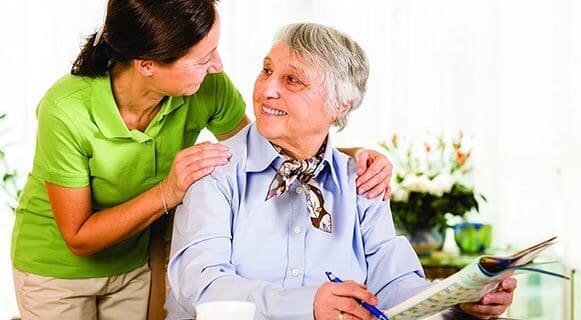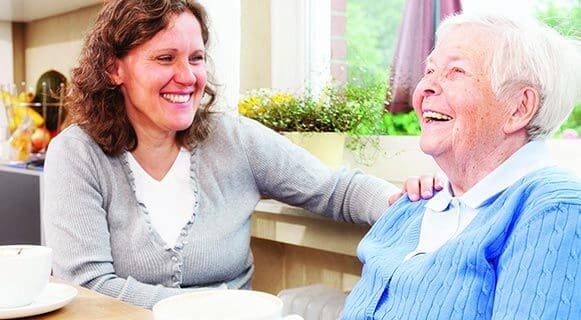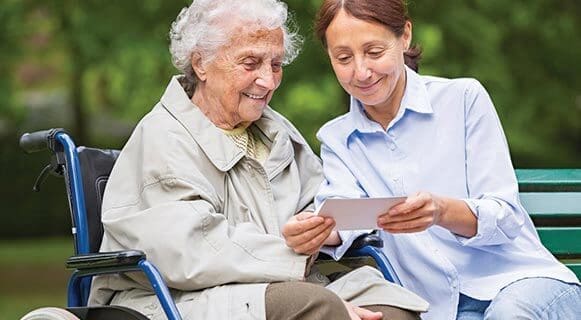A cancer diagnosis affects not only the person receiving it but also their entire family. Alongside the physical challenges of treatment and recovery, there are emotional worries and practical concerns about how best to provide care and support at home. For many families, the thought of long hospital stays or moving into residential care can feel overwhelming.
Cancer live-in care offers a compassionate alternative. With a trained carer living in the home, your loved one can remain in familiar surroundings while receiving professional, round-the-clock support. This type of care is designed to ease daily challenges, maintain comfort and dignity and provide reassurance for the whole family.
What is cancer live-in care?
Cancer live-in care is a specialist service where a trained carer moves into the home to provide round-the-clock support. As well as helping with daily tasks, the carer offers companionship, reassurance and emotional comfort during a difficult time.
This type of care allows people with cancer to remain at home rather than spending long periods in hospital or moving into residential care. Carers work alongside medical professionals to follow treatment plans, support medication routines and maintain familiar daily habits.
For families, it brings peace of mind, knowing their loved one is safe and cared for with dignity. For clients, it means focusing on health and wellbeing while enjoying the comfort of home.
Our cancer care at home includes:
- Personal care: Such as bathing, dressing, and grooming
- Mobility support: Helping you move safely around your home
- Nutritional support: Such as meal planning, preparation and making sure you stay hydrated
- Housekeeping: Including light household tasks like cleaning and laundry
- Emotional Support: A sympathetic ear when times are tough and companionship to stave off isolation
- Keeping you connected: Help to engage with hobbies and attend community groups
- Home safety: From installing night lights to removing trip hazards
Why choose live-in care for cancer care?
Living with cancer brings physical, emotional and practical challenges for both patients and families. Choosing cancer live-in care ensures consistent, one-to-one support in the comfort of home.
Families often choose this type of care because it offers:
- Independence at home while still receiving professional support
- Help with personal care such as washing, dressing and mobility
- Nutritional support through freshly prepared meals
- Medication reminders and assistance with treatment routines
- Companionship, conversation and emotional reassurance
- Peace of mind for families knowing care is available around the clock
Cancer live-in care also provides dignity at a time when it matters most. Being cared for at home reduces disruption, offers greater choice and control and allows loved ones to remain in familiar surroundings with professional support.
Cancer care at different stages
Cancer live-in care can provide valuable support at every stage of the journey, from early treatment through to palliative and end-of-life care. Each stage brings different needs, and having a trained carer at home helps to ease both the physical and emotional challenges.
- During treatment: Carers provide support throughout chemotherapy, radiotherapy or other treatments. They help with travel to appointments, manage fatigue, prepare nourishing meals and ensure medication routines are followed.
- During recovery: After hospital stays or procedures, carers assist with rehabilitation at home. This includes help with mobility, personal care and regaining strength in familiar surroundings.
- Palliative and end-of-life care: For those approaching the later stages of illness, live-in carers focus on comfort, dignity and emotional wellbeing. They work alongside nurses and healthcare professionals to ensure pain relief and compassionate support are always in place.
At each stage, live-in care enables people to remain at home with family close by. This continuity not only supports physical health but also provides emotional reassurance, making a difficult time more manageable for everyone involved.




